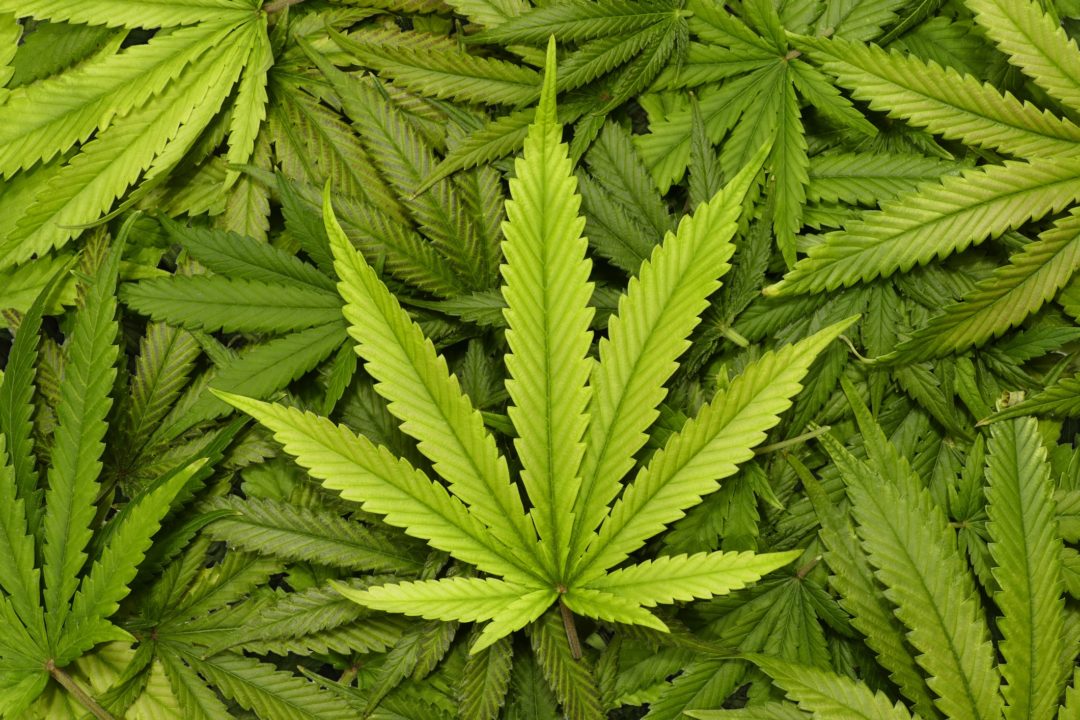Richard Van Breemen, researcher with OSU’s Global Hemp Innovation Center, College of Pharmacy and Linus Pauling Institute, collaborated with scientists at Oregon Health & Science University for the study, which was published in theJournal of Natural Products.
The study found that two compounds—cannabigerolic acid (CBGA) and cannabidiolic acid (CBDA)—bind to the SARS-CoV-2 spike protein, blocking a critical step in the infection process. The spike protein is the same one targeted by the COVID-19 vaccines and antibody therapy.
“These cannabinoid acids are abundant in hemp and in many hemp extracts,” van Breemen said in a press release on the topic. “They are not controlled substances like THC, the psychoactive ingredient in marijuana, and have a good safety profile in humans.” He added that the research found that the two compounds were equally effective against the alpha and beta variant.
“Any part of the infection and replication cycle is a potential target for antiviral intervention, and the connection of the spike protein’s receptor binding domain to the human cell surface receptor ACE2 is a critical step in that cycle,” van Breemen continued. “That means cell entry inhibitors, like the acids from hemp, could be used to prevent SARS-CoV-2 infection and also to shorten infections by preventing virus particles from infecting human cells. They bind to the spike proteins so those proteins can’t bind to the ACE2 enzyme, which is abundant on the outer membrane of endothelial cells in the lungs and other organs.”
The acids were detected via a mass spectrometry-based technique invented in van Breemen’s laboratory.
“These compounds can be taken orally and have a long history of safe use in humans,” van Breemen said. “They have the potential to prevent as well as treat infection by SARS-CoV-2. CBDA and CBGA are produced by the hemp plant as precursors to CBD and CBG, which are familiar to many consumers. However, they are different from the acids and are not contained in hemp products.”
Related: Study Examines Effects of Zinc Supplementation on COVID-19 Marine Algae Tested Against COVID Radicle Science, Open Book Extracts Ally to Develop Science-Backed CBD Products
Van Breemen noted that resistant variants could still arise, and that his laboratory hasn’t tested the compounds against variants other than alpha and beta, and also hasn’t tested the compounds in humans. However, he hopes that a combination of vaccination and CBDA/CBGA treatment would make for a more challenging environment for the virus to spread.“Our earlier research reported on the discovery of another compound, one from licorice, that binds to the spike protein too,” van Breemen said. “However, we did not test that compound, licochalcone A, for activity against the live virus yet. We need new funding for that.”









